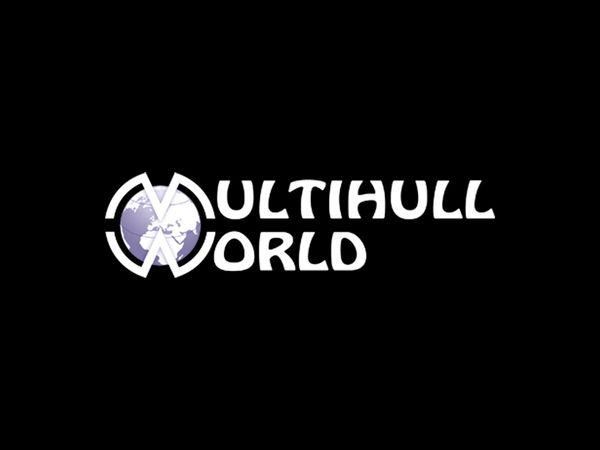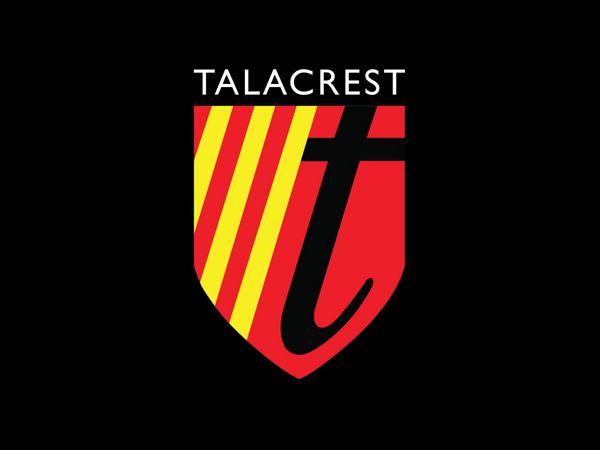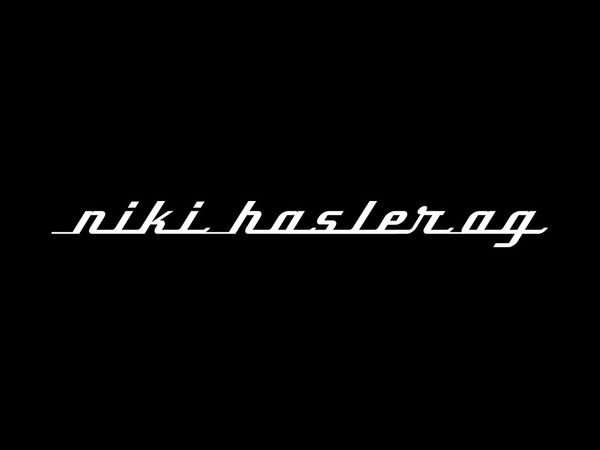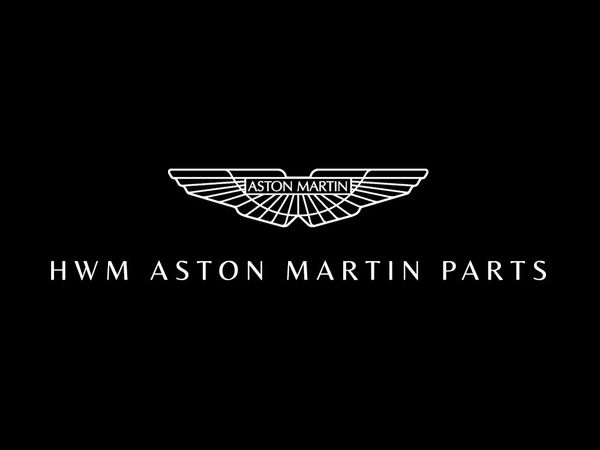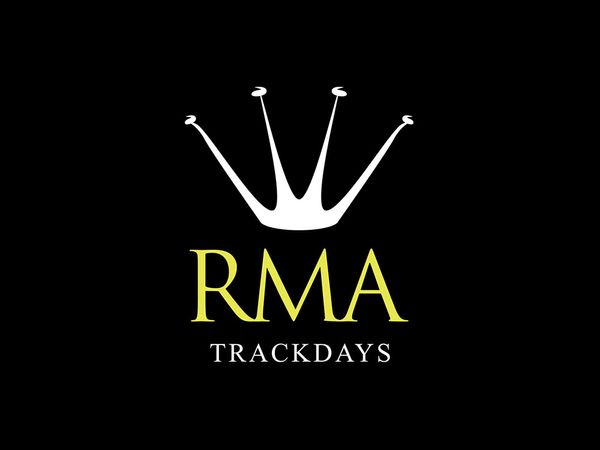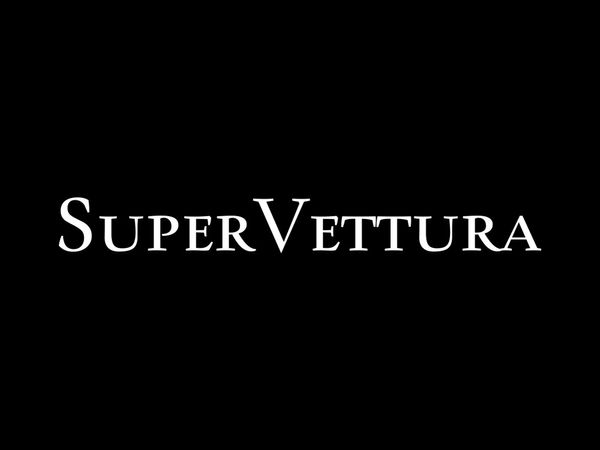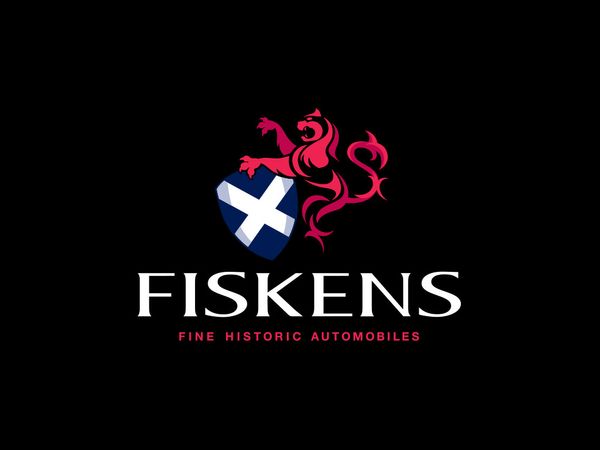The F40 was the final supercar commissioned by Enzo Ferrari
No. 19 of only 22 produced in the final year of F40 production
8,732 miles, metric odometer reads 14,053 kilometers
Iconic Rosso Corsa over Red Gray interior
Coachwork by Scaglietti
Order placed by official Ferrari agent Crepaldi Auto SpA in December 1991 on order no. 5032
Completed June 8, 1992
2,936 CC DOHC V-8 engine
Twin IHI turbochargers with Behr Intercoolers
Weber-Marelli electronic fuel injection
478 HP at 7,000 RPM
5-speed manual transmission
Ventilated 4-wheel disc brakes
4-wheel independent double-wishbone suspension with coilover shock absorbers
Tubi exhaust specially tuned for this vehicle
Crated factory exhaust included
Factory wheels
Pirelli tires
Original books in leather case
Tool roll
Car cover
New ATL fuel cells installed on September 2, 2018 with accompanying certificates of compliance
Annual service performed at 14,035 kilometers by Norwood Auto Italia in Carrollton, Texas
Conceived in 1986 to celebrate Ferrari’s landmark 40th anniversary in 1987, the stunning F40 remains an unqualified tour de force that basks in historic status as the last new automobile commissioned by larger-than-life company founder Enzo Ferrari. Bridging the narrow gap between Ferrari’s all-out competition cars and its road models like no other before it, the F40 was the company’s fastest and most powerful road model at introduction. In contrast to its closest competitor, the technology-laden, all-wheel drive Porsche 959, the F40 was a howling, rowdy and extremely visceral shock to the senses with razor-sharp reflexes that continues to captivate and challenge all drivers lucky enough to experience it first-hand today, and for one lucky bidder at Kissimmee 2022, a chance to experience that thrill is just what they’ll get.
Representing a further progression of the all-out 288 GTO Evoluzione intended to meet FIA homologation requirements for the deadly Group B rally series that was discontinued after 1986, the F40 was a thinly disguised racer for the road. Yet, in contrast to the stunning technologies that made the F40 so ferocious, Leonardo Fioravanti, who led the styling of the almost otherworldly body of the F40, somehow proved that it was indeed possible to design a technologically brilliant car with the emotion and humanistic approach that typified Ferrari’s greatest road and racing cars of the 1950s and 1960s. Enzo Ferrari agreed wholeheartedly at the July 1987 launch of the F40, stating, “I expressed a wish that we produce a car which could remind us of Le Mans and the GTO.”
The F40 certainly met and exceeded that heartfelt goal of “Il Commendatore,” as it was based on a race-worthy steel spaceframe chassis with a carbon-fiber and Kevlar-reinforced central tub structure and composite body panels by Scaglietti. Awesome power was delivered by a twin-turbocharged, 4-cam, port-injected 3.0L (2963cc) V-8 engine utilizing IHI turbochargers and Behr intercoolers, controlled by a race-proven Weber-Marelli fuel-injection and engine-management system, resulting in a factory-rated 478 HP at 7,000 RPM. A 5-speed rear transaxle and a decided kick from the IHI turbochargers at 3,000 engine revolutions distinguished the driving experience of the F40, which weighed just 1,100 kilograms (2,425 pounds). The F40’s 4-wheel, independent, double-wishbone suspension featured competition-type coilover shock absorbers, and stopping power was via ventilated disc brakes with Brembo calipers at all four corners.
Dario Benuzzi, Ferrari’s chief test driver, led F40 development, including his relentless work with Pirelli to obtain the perfect rubber compound and tread design for the special P Zero tires created specifically for the F40. The choice of IHI turbochargers and the programming for the F40’s Weber-Marelli engine management system were also highlights of Benuzzi’s test program, which included high-speed blasts in the mountains south of Maranello, acceleration and braking runs at the Rimini air force base runways, and formal test sessions at Ferrari’s Fiorano circuit.
Predictably, hordes of magazine road testers clamored for an opportunity behind the wheel, and the wait was worth it, with the F40 routinely achieving 0-60 MPH times of just 3.9 seconds, 0-100 MPH in just 7.8 seconds, and 0-140 MPH in 14 seconds. For the truly brave, 201 MPH was on tap flat out—an impressive mark even by today’s jaded standards. In fact, the F40 rewrote automotive history as the first series-production supercar capable of cracking the magical 200 MPH barrier. Regardless of the source consulted, the F40 was simply the quickest and fastest road car ever produced up to that time, and its performance remains staggering today, heightened by a totally analog driving experience without power-assisted steering and brakes isolating the driver from the road.
The F40 production run was initially targeted to about 400 examples, yet demand in the heady supercar market of the late 1980s was overwhelming, despite the car’s stratospheric price tag. When production ended in 1992, 1,315 were built in all. The 19th of only 22 examples built in the final production year, this awesome F40 will be crossing the Kissimmee auction block in amazing condition, with the metric odometer reading just 14,053 kilometers (8,732 miles).
Ordered by official Ferrari agent Crepaldi Auto SpA in December 1991 (Order No. 5032), this F40 entered production on June 4, 1992, and assembly was completed on June 8, 1992, with the F40 finished in Ferrari’s iconic Rosso Corsa over a red and gray-trimmed interior. Sold by Crepaldi Auto SpA on July 20, 1992, the F40 was first registered in Mantua, Italy, and then sold in 1995 to another Italian owner in Arese, who participated with this F40 at a Ferrari event held at the Mugello circuit in 1995, eventually selling the car to its next owner in Japan in June 1997 at 1,900 kilometers. Thanks to Japan’s stringent road-registration system, the Ferrari’s four owners while there are progressively documented from May 6, 1997, through October 2, 2017, when the F40 was acquired by its current owner.
Set to cross the auction block at Mecum Kissimmee 2022 in January, this spectacular Ferrari F40 is one of the very last produced in 1992, and it remains accident- and damage-free, benefiting handsomely from proper maintenance and service under its roster of caring owners and collectors since new. Remaining true to its roots with original components including the potent twin-turbo engine and gearbox, the F40 was fitted with the factory-specified seatbelt update kit and sports a fantastic-sounding Tubi exhaust system specially tuned for this vehicle, with the factory exhaust properly crated for shipping and included with the sale of this exceptional F40. Factory three-piece, center-lock Speedline wheels mounting Pirelli tires provide the crowning touch. New ATL fuel cells were installed on September 2, 2018, and accompanying certificates of compliance provide documentation.
An annual service was performed by the Ferrari experts at Norwood Auto Italia in Carrollton, Texas, at 14,035 recorded kilometers. Accompanied at auction by the original books and manuals in their leather case, this stellar F40 also includes a tool roll and car cover. While every F40 is indeed special with no two standing as equals, this late-production example is surely one of the finest in existence and currently available. A genuine “blue chip,” investment-quality exotic automobile, this 1991 F40 will certainly continue to top the Ferrari collector’s wish list as the final model launched during the storied lifetime of the man known as Il Commendatore, Enzo Ferrari.

